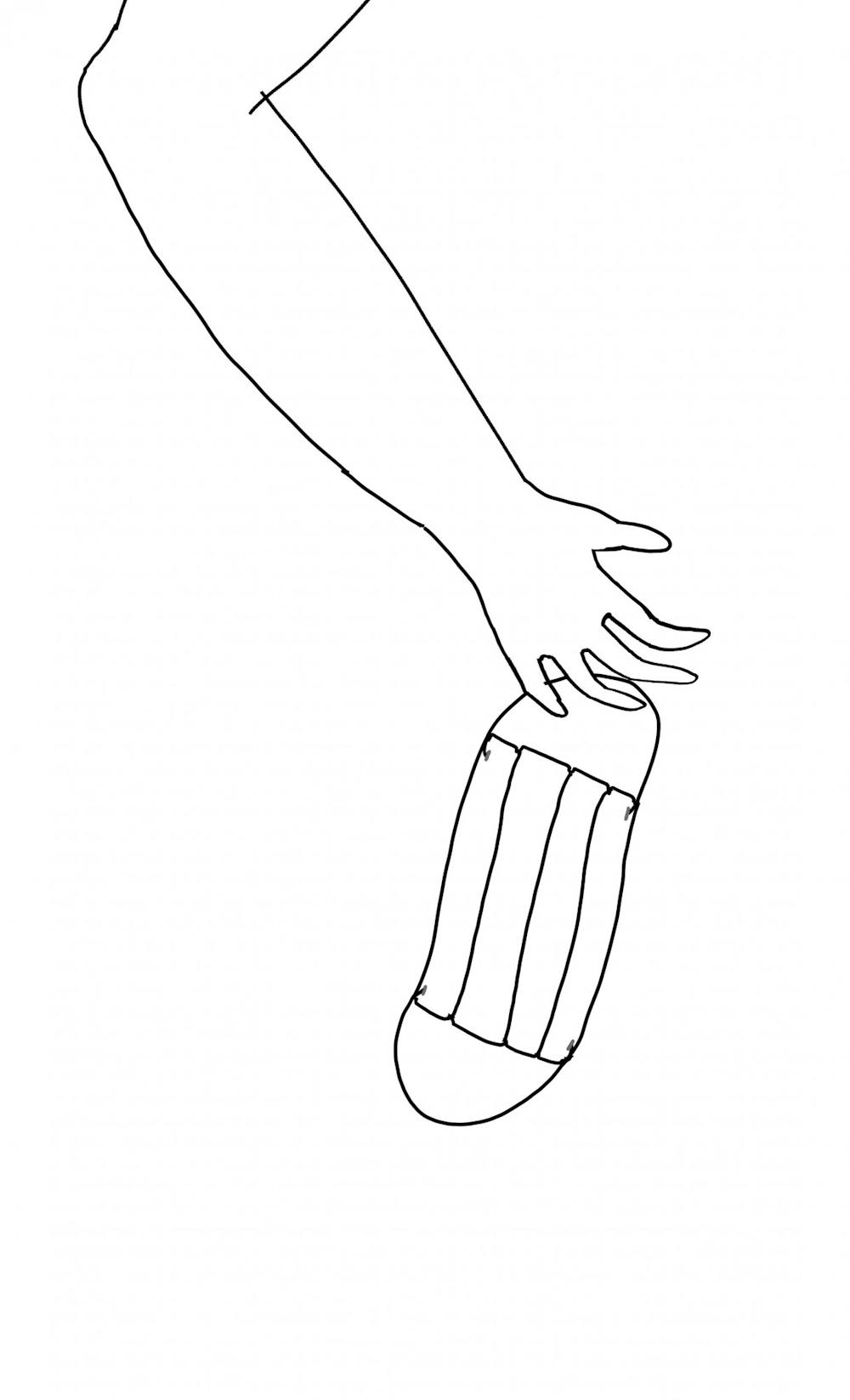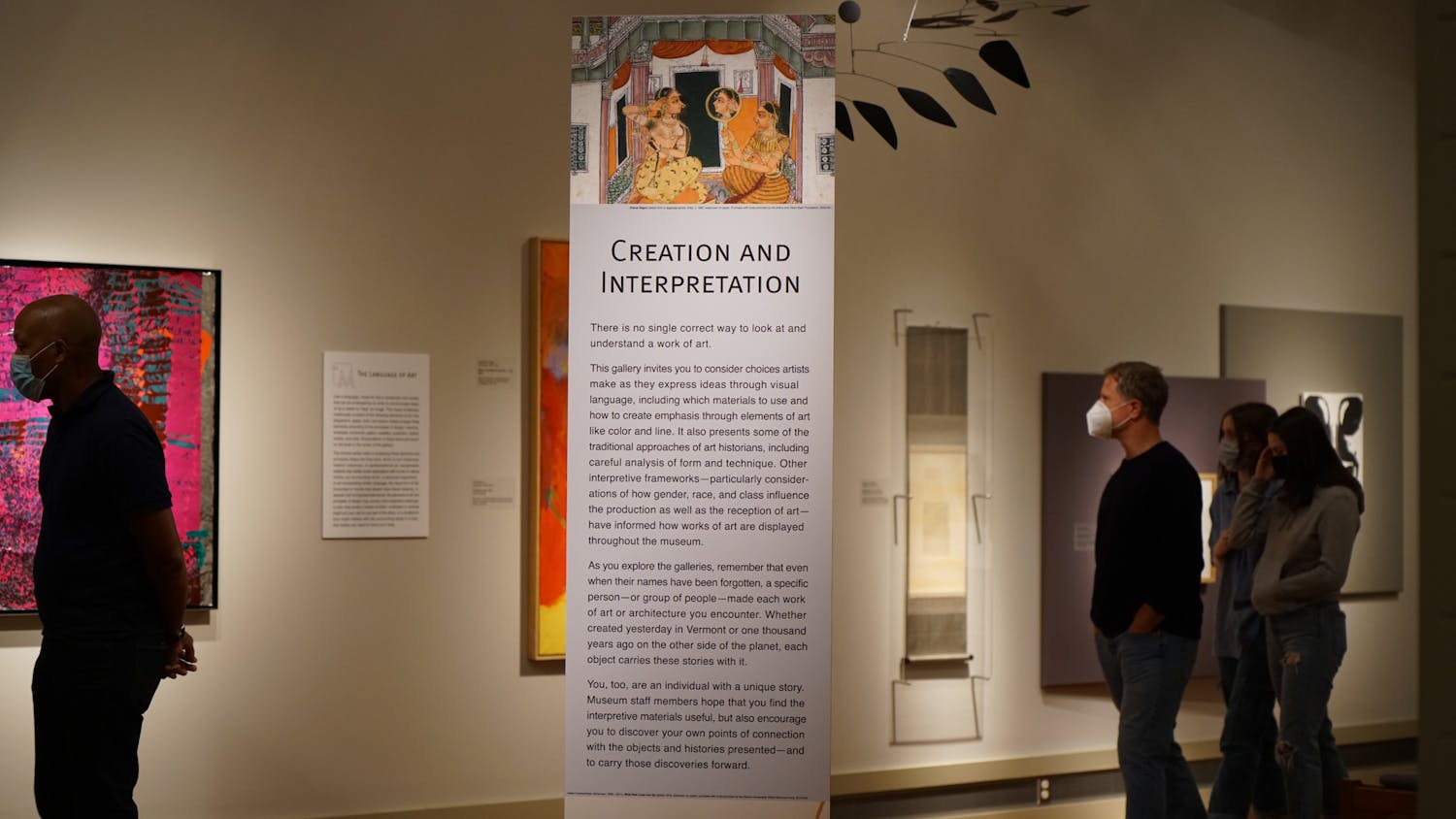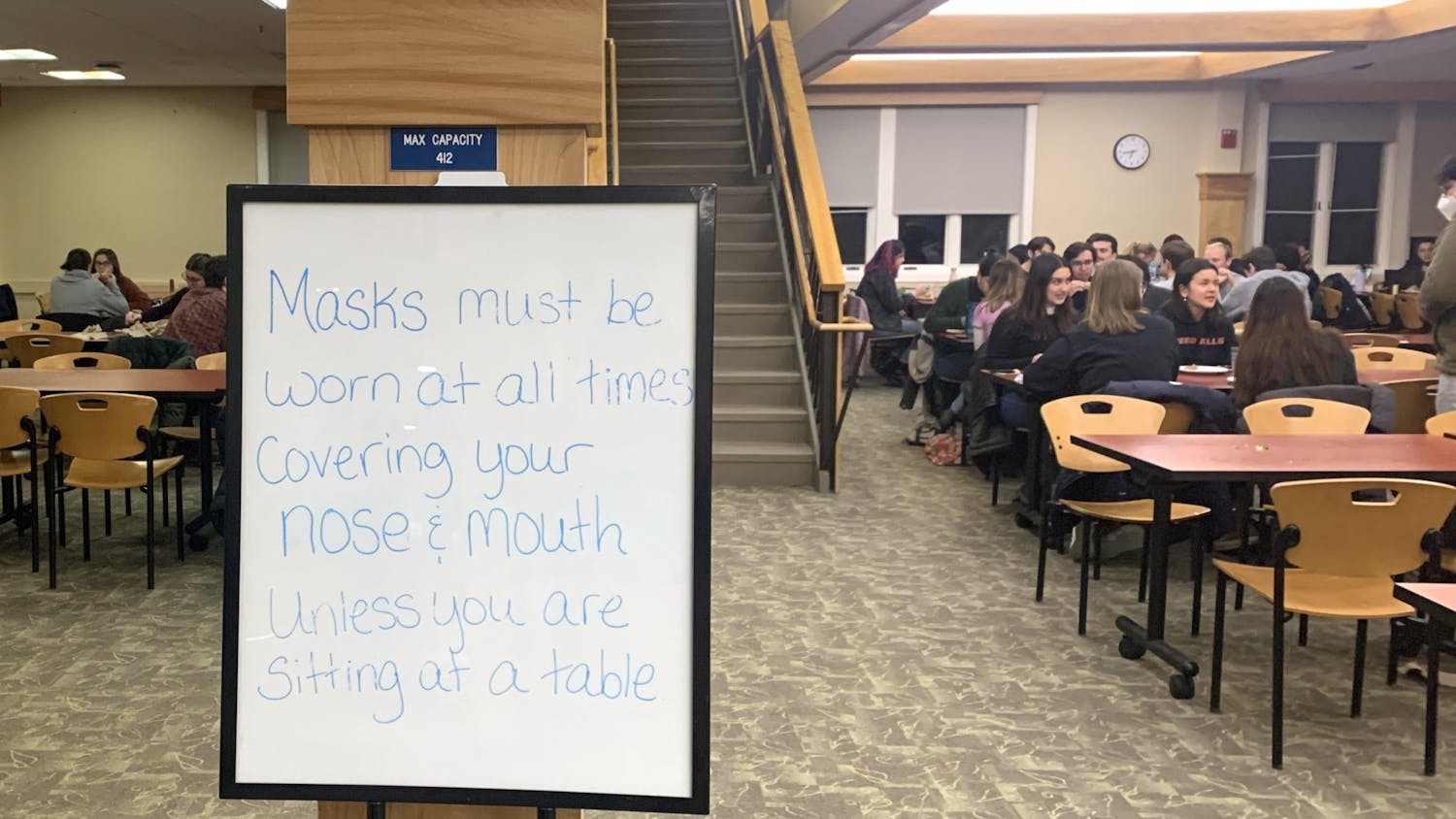With the end of Middlebury’s indoor mask mandate came a return to pervasive individualism — in most places if you want to wear a mask, you do, and if you don’t, you don’t. The college administration is no longer the primary regulator of Covid-19 guidelines. Beyond required masking in classrooms and a few other designated spaces, the onus falls entirely on students' own discretion. Now, it’s a matter of choice, one defined by personal risk tolerance and individual logic. Nevertheless, as members of a small community, our actions are still fraught with the potential to affect others.
We hope that the newfound freedom to make these sorts of choices is accompanied by a continued sense of self awareness and empathy. The choice to not wear a mask, for those who are not in their 90-day immunity window, is in essence, a trust exercise. We have entrusted our peers to stay home or wear a mask if they’re under the weather and to be open about how they’re feeling.
While there are many aspects of pandemic life we hope to never return to, transparent communication within our close-knit campus is something we urge the Middlebury community to make space for as they navigate a return to normalcy. For the most part, compassion, patience and self-care were emphasized during Covid-19 in ways they perhaps weren’t before, and we hope this continues.
At pre-pandemic Middlebury, we dragged our contagious, sniffly selves to class, only staying home if we truly couldn’t get out of bed. We made health choices based largely on what we wanted and needed and thought, without much of a second thought for the community around us. The academic infrastructure was also less yielding, with professors often requiring more formal justifications for absences (and online options were essentially unheard of.)
Our choices are now dictated by one’s personal preference again — which isn’t a bad thing. (We as a board have been able to see each other’s faces at meetings in person for the first time in over two years, and for the first time among our younger staff members.)
However, we hope that as masks themselves start to become more obsolete, our consciousness and awareness of others remains resolute. This can be as simple as asking others what they are most comfortable with, or defaulting to wearing a mask if that’s what others in an enclosed space seem to be doing.
In addition to their public health significance, masks held tremendous social and cultural significance — a way of overtly demonstrating that you cared about the safety, health, and comfort of others. This external display of goodwill is no longer as cut and dry. All of this is to say that if you still care about others perceiving you as such, a great way to show others you care about them is by continuing to communicate candidly about expectations and comfort levels. After this major change to Covid-19 policies, many of us are excited to return to a Middlebury that feels like it did pre-pandemic. We’re grateful for the ability to smile at friends as we pass them in the dining hall or gather together in groups while seeing each other's faces. But even as we transition into this new phase and acknowledge its benefits, it is also important to continue some of the things that we’ve learned over the past two years — especially the concern and consideration that we’ve developed for others.




